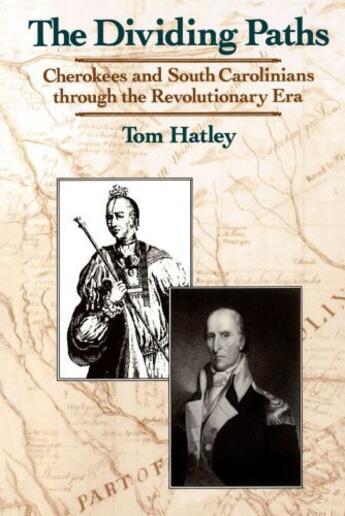-
Nombre de pages : (-)
-
Collection :
(-)
-
Genre :
(-)
-
Thème :
Non attribué
-
Prix littéraire(s) :
(-)
Résumé:
Focusing on the American Cherokee people and the South Carolina settlers, this book traces the two cultures and their interactions from 1680, when Charleston was established as the main town in the region, until 1785, when the Cherokees first signed a treaty with the United States. Hatley... Voir plus
Focusing on the American Cherokee people and the South Carolina settlers, this book traces the two cultures and their interactions from 1680, when Charleston was established as the main town in the region, until 1785, when the Cherokees first signed a treaty with the United States. Hatley retrieves the unfamiliar dimensions of a world in which Native Americans were at the center of Southern geopolitics and in which radically different social assumptions about the obligations of power, the place of women, and the use of the land fed the formative cultural psychology of the colonial South. Weaving together firsthand accounts, journals, and letters to give a human reality to the facts of war, politics, and the economy, he pinpoints the revolutionary decade--from the little known but decisive Cherokee war through the Revolution itself--in which both societies struggled over their own identities. Rather than focusing on the Cherokees and Carolinians separately, this book focuses on contacts, encounters, exchanges, intersections: their mutual history. Hatley argues that Cherokee and colonial histories cannot be understood separately--that they are inextricably linked--and that the origins of distinctive features of Native American and colonial ethnicity and seemingly unrelated twists in the political history of each society are rooted in this encounter.
Donner votre avis














